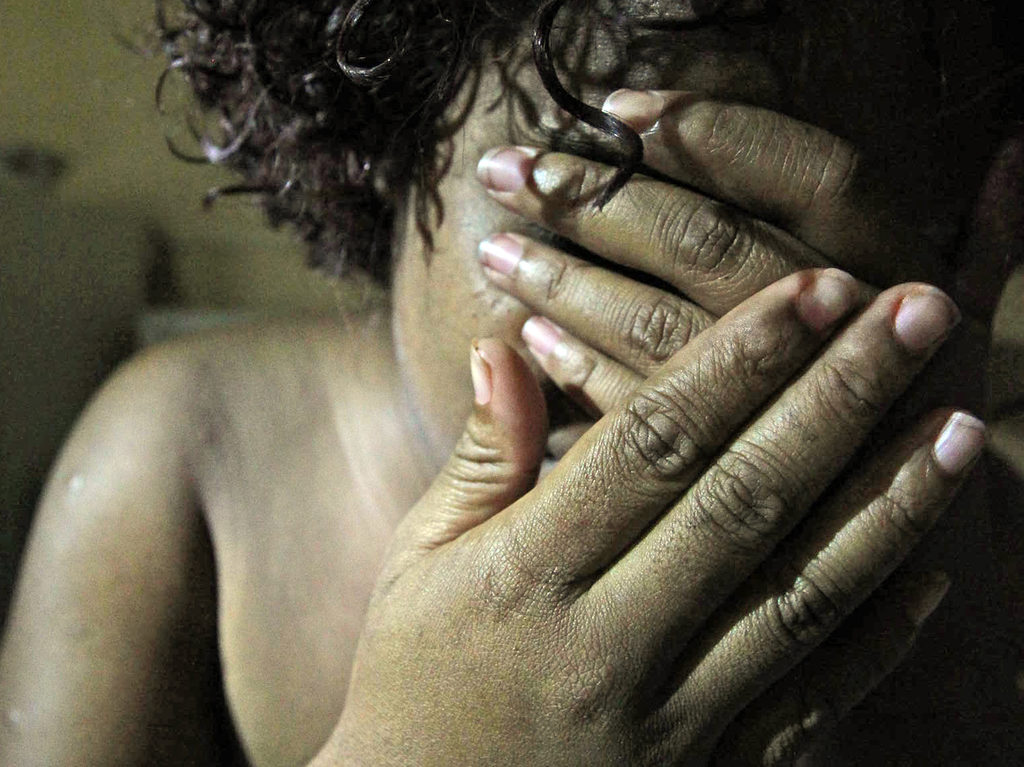The revelation that 80 per cent of children under two years and 50 per cent of school-aged children suffer from malnutrition, is worrying.
It is a concern because it impacts our children, who are our future.
Women, Children and Social Protection Minister Sashi Kiran told the National Farmers Awards ceremony in Nadi last week, that malnutrition in Fiji was a major public health concern.
“A concerted effort can improve Fiji’s nutrition and overall health, which is vital as we struggle with non-communicable diseases,” she said.
“Use our backyards, containers, hydroponics, microgreens, in whichever medium we can, and educate our children to be able to grow food and choose to eat healthily. The first five years of a child’s life are crucial as their cells, their awareness, and tastes are developing.”
Ms Kiran said this stage of a child’s life was an important time to build good habits, instil good values and help develop their taste buds.
“Often, we see children being fed processed foods as soon as they start taking solid foods. This not only impacts their physical and cognitive development, but also creates a disconnect from the foods that are culturally ours and which have nurtured us for generations. If every household can plant a stick of saijan, bele or rourou, that’s your iron content right there. They don’t take much space, are easy to grow, and are not water- or nutrient-hungry. These leaves in our dhal, soups and salads can greatly improve our health.”
This is a reminder that nutrition is not just about filling stomachs. It is about nourishing bodies and minds in ways that will allow children to thrive, grow strong, and build a healthier Fiji for tomorrow. The choices we make about food today, particularly for our children, will shape the society we live in 10, 20 or 30 years from now.
Bad eating habits introduced early can set a dangerous foundation for life. A toddler given processed foods high in sugar, fat and salt may not show immediate signs of illness, but those small dietary choices accumulate. By the time that child becomes a teenager, the body has already been conditioned to crave and rely on unhealthy foods. By adulthood, the risks are multiplied: obesity, diabetes, hypertension, heart disease, and weakened immunity become lifelong struggles. We must imagine the impact of this reality. What will Fiji look like in two decades if we continue to ignore the problem? A generation weighed down by chronic illness, unable to perform to their full potential in schools, workplaces, or sports fields. A society where our healthcare system is stretched beyond breaking point, not just by the ageing population but by the young who should have been healthy in the prime of their lives.
This is why awareness and action must go hand in hand. Parents, schools, community leaders and government agencies all have a role to play in changing the way we think about food. It is not enough to speak of “healthy eating” as a distant goal. It must be a daily practice. Growing local vegetables, reviving traditional recipes, limiting processed foods and teaching children the value of fresh, homegrown meals can all make a difference.
We cannot underestimate the role of schools in this effort. School canteens should model healthy eating and avoid selling foods that undermine the message being taught in classrooms. Parents must take responsibility at home, because good food habits are built around the table.
We must act now, while children are still in their formative years, to instil values that will carry them into adulthood. If we fail to change course, we risk condemning another generation to the heavy burden of non-communicable diseases.
The longer we ignore this state of affairs, the more complicit we become in shaping a future where sickness overshadows potential!



